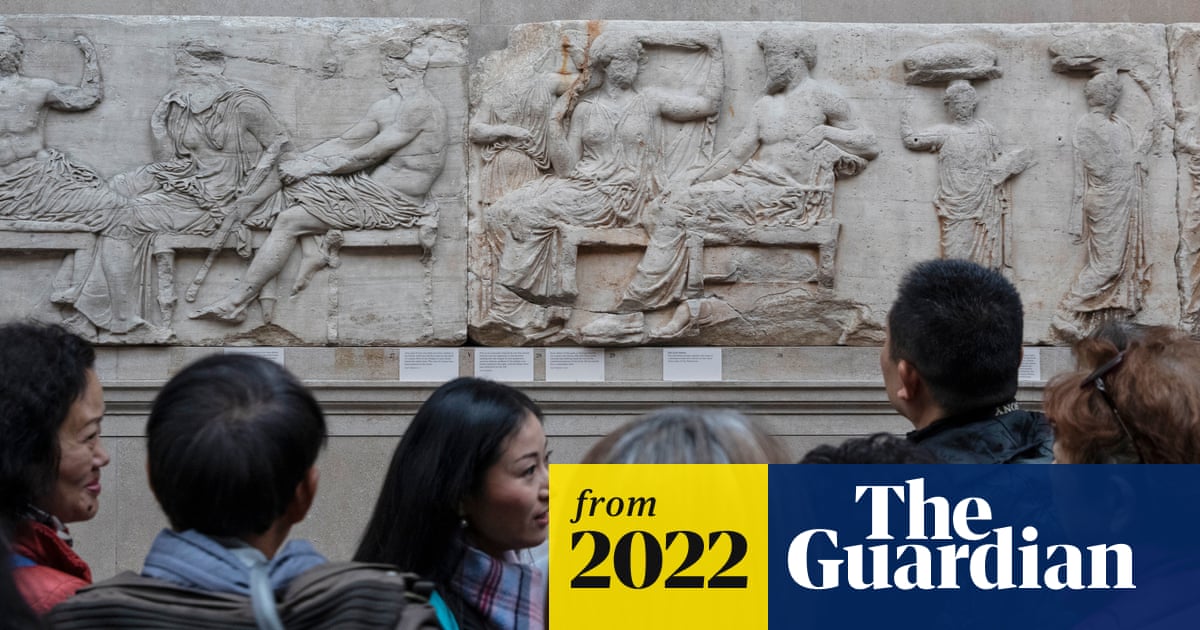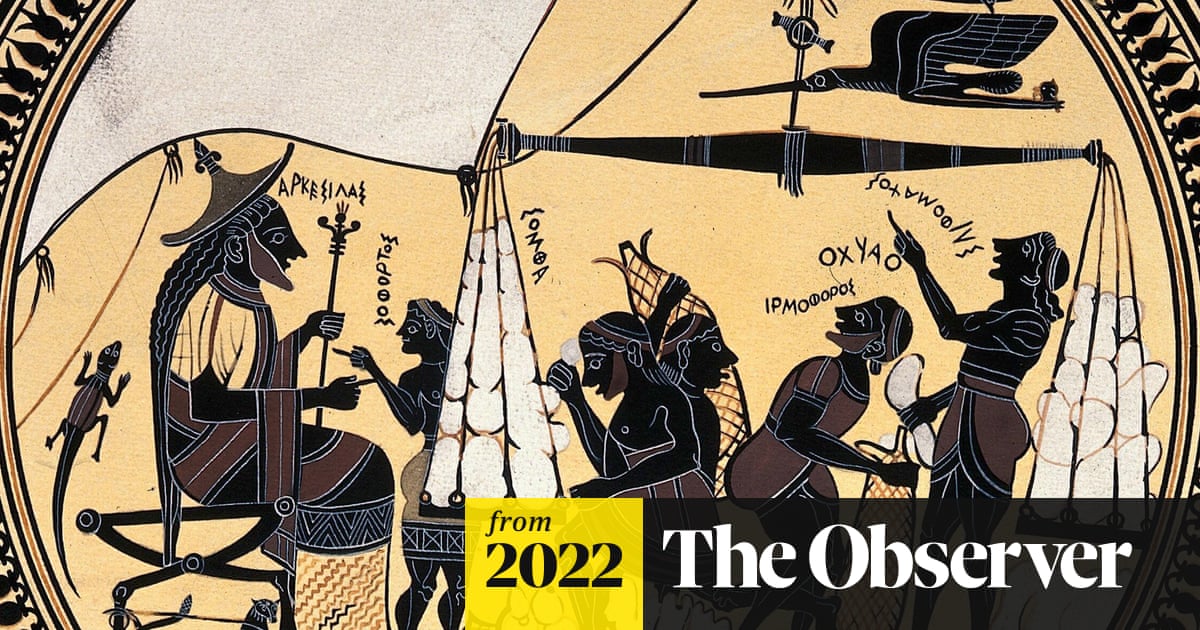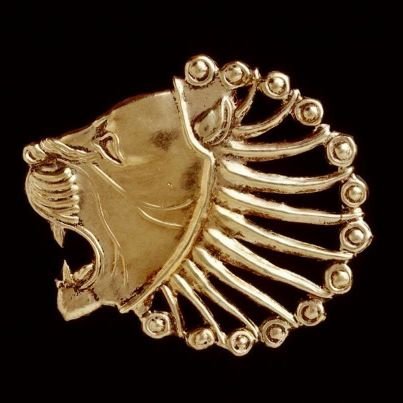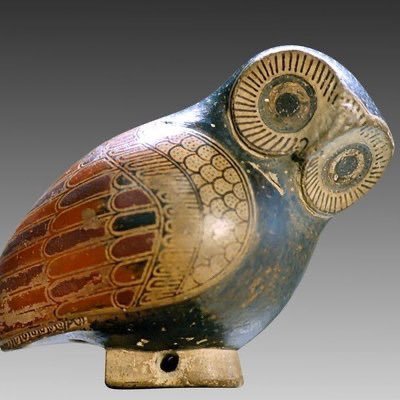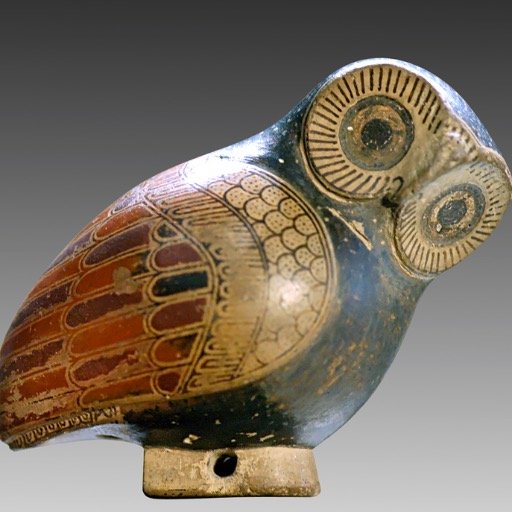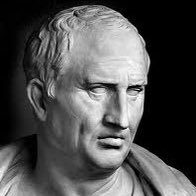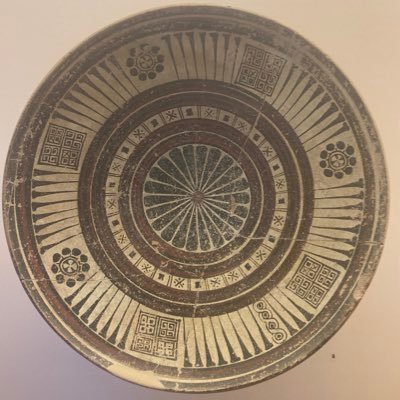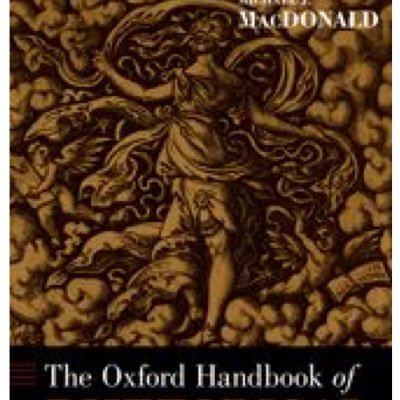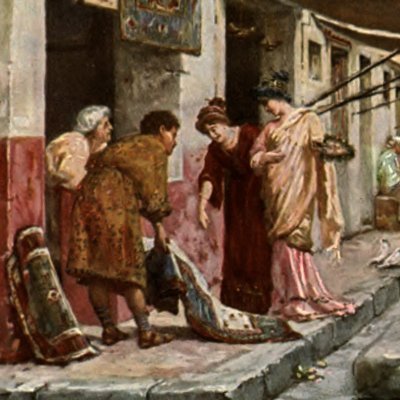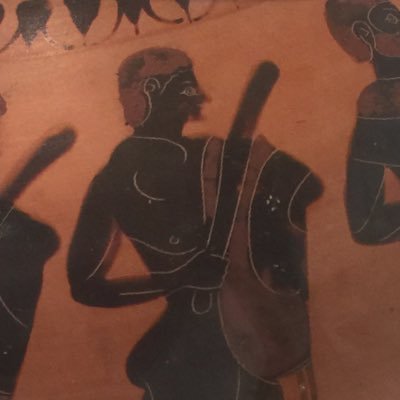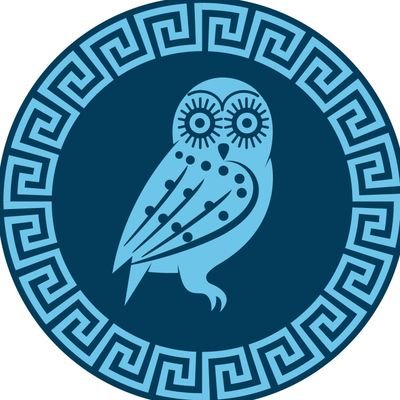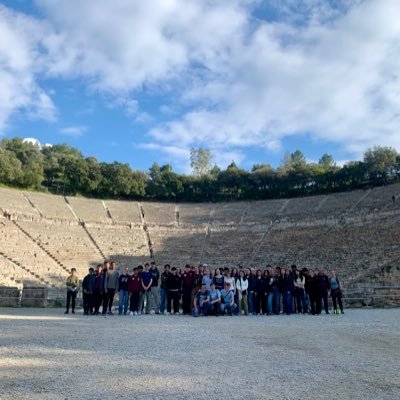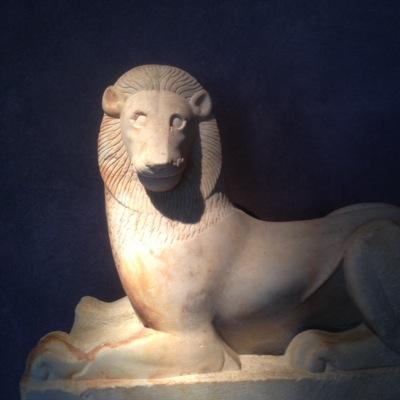
KCS Classics
@KCSClassics
Alexander the Great would always have searched for something unknown, and if there had been no other competition, he would have competed against himself.
The word 'guest' is related to Latin 'hostis' (enemy), whence 'hostile'. The meanings of words constantly change. This is called semantic drift. The Proto-Indo-European word *gʰóstis meant "stranger". Its meaning became negative in Latin but positive in Germanic. Here's how:
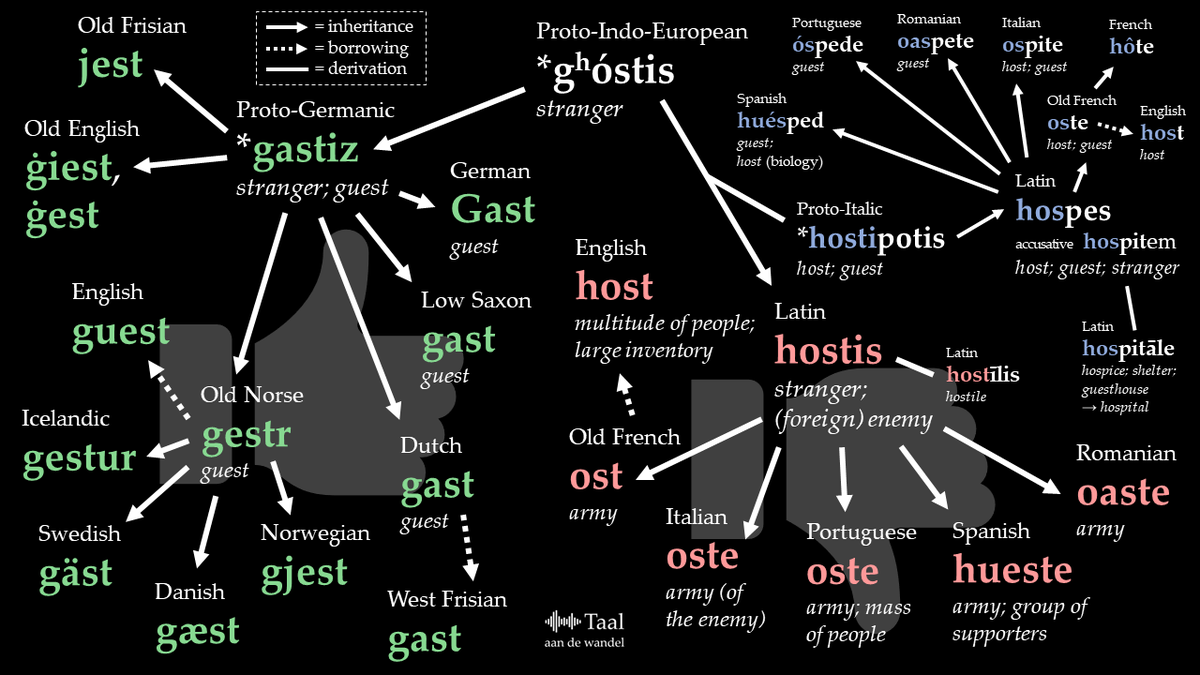
If you are curious about Boris Johnson's reference to Cincinnatus in his goodbye speech - he was a 5th century BC Roman politician who saved the state from an invasion, then - job done - returned to his farm ('to his plough'). He was also an enemy of the people.
Coctus, a perfect participle, means 'cooked, baked' in Latin. In Italian, coctus became cotto, as in 'panna cotta' (cooked cream), 'terra-cotta' (baked earth) and 'ricotta' (re-cooked). In French, it became cuit, part of 'charcuterie' (cooked meat) and 'biscuit' (baked twice).
The English word 'collar' goes back to collum, a Latin word for 'neck'. Latin also seems to have had the verb *accollāre, which originally meant 'to put something on/around the neck'. From this, via French, English gets the word 'accolade'.
Why shouldn’t the Greeks have their marbles back? We proved we lost ours years ago theguardian.com/commentisfree/…
theguardian.com
Why shouldn’t the Greeks have their marbles back? We proved we lost ours years ago | Catherine...
Antiquated excuses for keeping the sculptures are wearing thin after 12 years of Conservative cultural freezes
Odium is a Latin word for 'hatred', and to be 'in odiō alicui' is to be hated by someone. It was the fusion of the two-word phrase 'in odiō' (literally 'in hatred') into a single verb that seems to be the origin, via Old French, of the English word 'annoy'.
Greece rebuts British Museum claim Parthenon marbles were ‘removed from rubble’ theguardian.com/artanddesign/2…
Caesar’s favourite herb was the Viagra of ancient Rome. Until climate change killed it off theguardian.com/world/2022/may…
One of the great special effects in History!!! At noon, every 21 April (traditional date of birth of Rome), sun's rays beam perfectly on entrance doorway of Pantheon, Rome. Emperor would be bathed in the sun's rays as he entered the building as part of the celebration ceremony.

The word 'country' ultimately stems from Latin '(terra) contrāta': (land) lying opposite (to the city). There's no connection to 'county', which is related to 'count' (nobleman), which in turn has nothing to do with 'to count' - even though Count von Count suggests otherwise. 🧛♂️
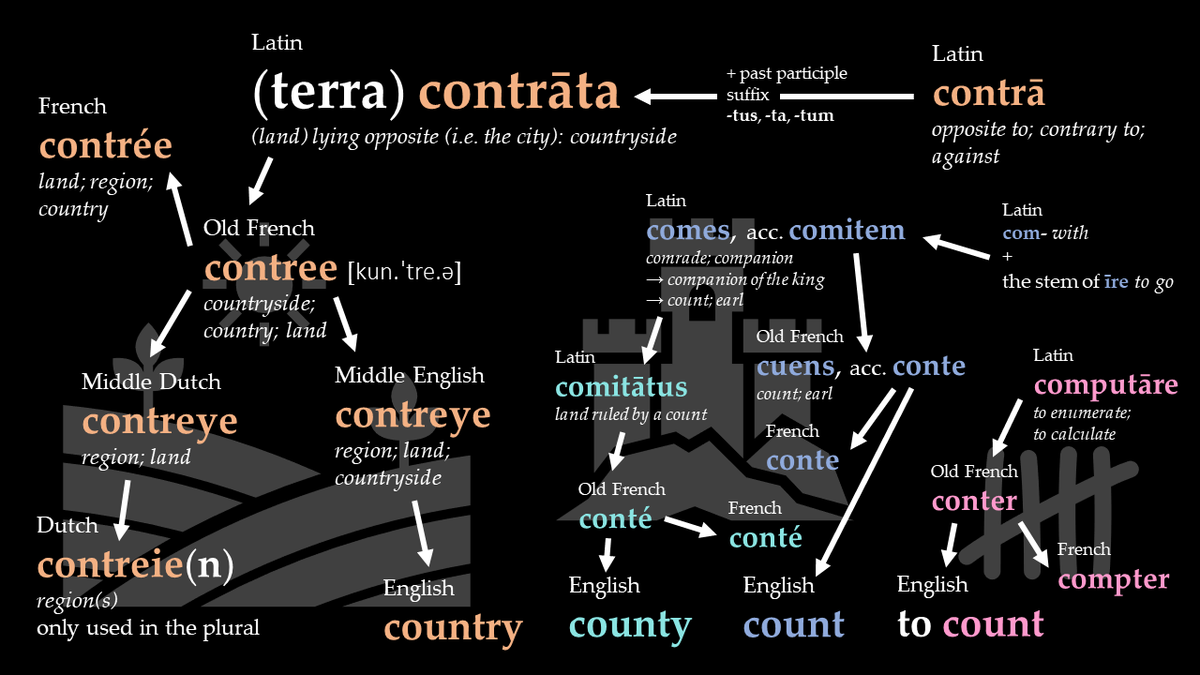
2170 years of hurt…

Lavish Roman mosaic is biggest found in London for 50 years theguardian.com/uk-news/2022/f…
As emperor, I will definitely get students to read tales from classical mythology and the Bible. Not just because they’re fun, but because not to know them, in a country as influenced by them as Britain has been, is to be culturally disenfranchised. thetimes.co.uk/article/virgil…
Virgil’s Aeneid grips teenage pupils with gods and monsters of mythology | News | The Times thetimes.co.uk/article/virgil…
thetimes.com
Virgil’s Aeneid grips teenage pupils with gods and monsters of mythology
Children prefer Virgil to Shakespeare because tales from the Classics remind them of computer games, a Cambridge university study suggests.The study’s author s
Large Roman fort built by Caligula discovered near Amsterdam theguardian.com/world/2021/dec…
theguardian.com
Large Roman fort built by Caligula discovered near Amsterdam
Fortified camp for thousands of soldiers thought to have been used by Emperor Claudius during conquest of Britain in AD43
How to tell your Roman emperors apart | The Spectator spectator.co.uk/article/how-to…
spectator.co.uk
How to tell your Roman emperors apart
Rising professors do well to be controversial if they wish to be invited to contribute to mainstream media. But the elder professor, lauded, loved and telly-tastic, has the privilege of swerving...
Best physical evidence of Roman crucifixion found in Cambridgeshire theguardian.com/science/2021/d…
United States Tren
- 1. Good Friday 50.7K posts
- 2. #FanCashDropPromotion N/A
- 3. LINGORM DIOR AT MACAU 416K posts
- 4. #FridayVibes 3,851 posts
- 5. #TheWorldWithVenezuela 2,554 posts
- 6. #ElMundoConVenezuela 2,546 posts
- 7. Happy Friyay N/A
- 8. #GenshinSpecialProgram 15.7K posts
- 9. Josh Allen 44.2K posts
- 10. Haier EST SUPHA 132K posts
- 11. RED Friday 2,352 posts
- 12. Ja Rule N/A
- 13. Sedition 337K posts
- 14. Parisian 1,725 posts
- 15. Texans 62.8K posts
- 16. Niger 61.8K posts
- 17. namjoon 69.9K posts
- 18. Beane 3,233 posts
- 19. Cole Palmer 16.4K posts
- 20. Traitors 131K posts
Something went wrong.
Something went wrong.






